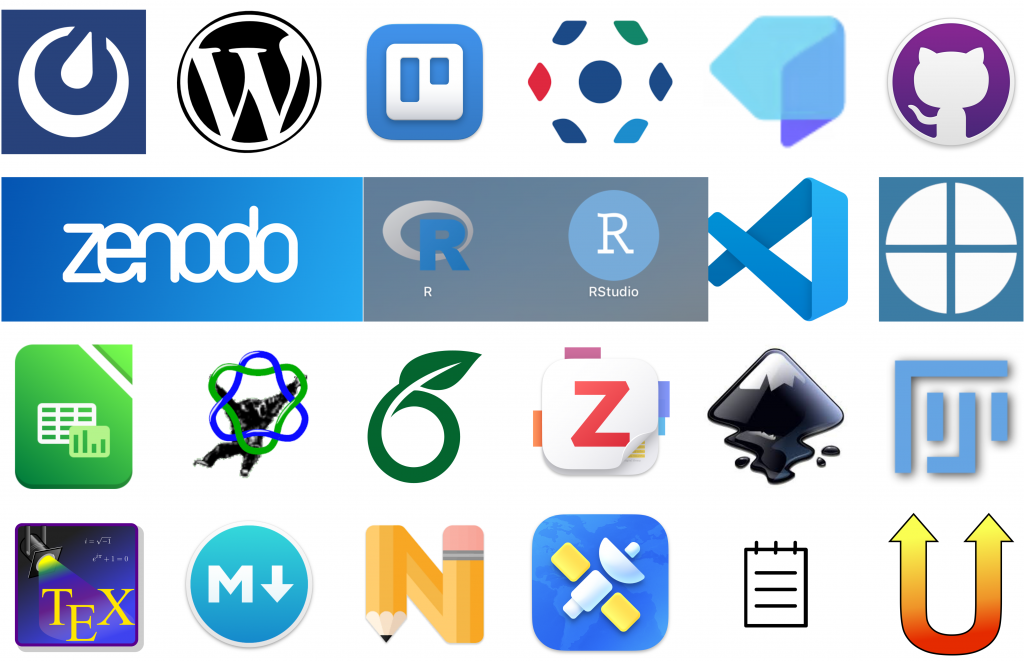
If you are into running, chances are that you will be chasing your PB (personal best) times. This post is about using R to search for your PBs, and to monitor them over time. Usually runners target four distances for PBs: 5 km, 10 km, half marathon and full marathon.









